The big myth about strict alcohol laws, as Sydney considers ditching lockouts
STRICT alcohol laws and nightclub precinct lockouts are supposed to reduce serious injury and hospital admissions. But do they?
Illness
Don't miss out on the headlines from Illness. Followed categories will be added to My News.
STRICT laws surrounding the sale of alcohol and operation of licensed venues have been justified as a health and safety measure.
But new research casts doubt on how effective sweeping regulations are in reducing emergency department admissions due to drinking.
In 2012, New Zealand introduced the Sale and Supply of Alcohol Act, which brought in widespread changes to how and where alcohol was sold in a bid to minimise “harm caused by its excessive or inappropriate use”.
Six years on, an in-depth study by the University of Otago in Christchurch found the tighter regulations had no impact on the number of alcohol-impaired and injured people presenting at hospitals.
Between 2013 and 2017, the number of emergency department (ED) visits as a result of alcohol remained the same, the researchers found.
However, it seemed the harsher laws had dramatically changed where people purchased their alcohol, especially among younger drinkers.
“Researchers found the majority of people coming to ED intoxicated or with injuries sustained due to intoxication bought alcohol from a liquor store or supermarket,” study supervisor James Foulds said.
“Less than a third (of patients had) purchased (alcohol) from on licensed premises like an hotel, restaurant, bar or tavern.”
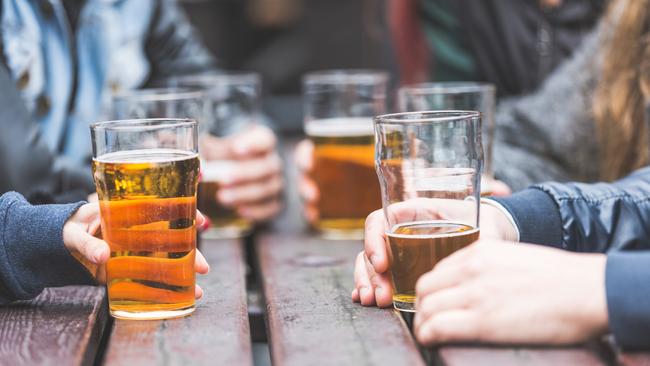
The majority of those admitted to emergency had consumed their last drink at a private location before being injured or alcohol-impaired.
The study also found that the number of drinks consumed did not change between surveys.
Tougher laws seemed to have no impact on dangerous levels of binge drinking, with about one-quarter of emergency patients having consumed more than 15 standard drinks before hospital admission.
Rather than abandon tighter restrictions, Dr Foulds said the study suggested harm-reduction policies should target all sources of alcohol, particularly off-licences like bottle shops.
The research comes as the NSW Government considers rolling back controversial lockout laws in Sydney by the end of the year.
Deputy Premier John Barilaro has taken a proposal to Cabinet to ditch enforced closed door and alcohol sale cessation requirements in the CBD.
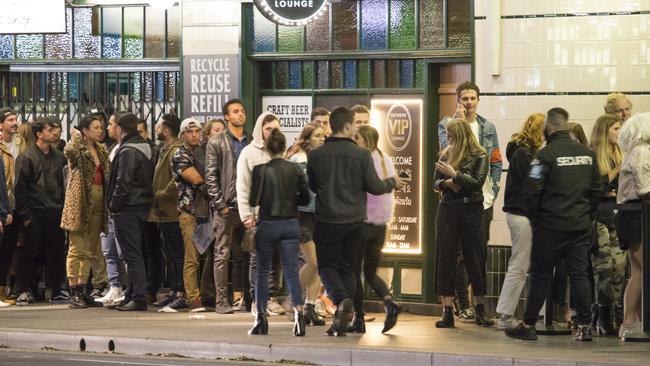
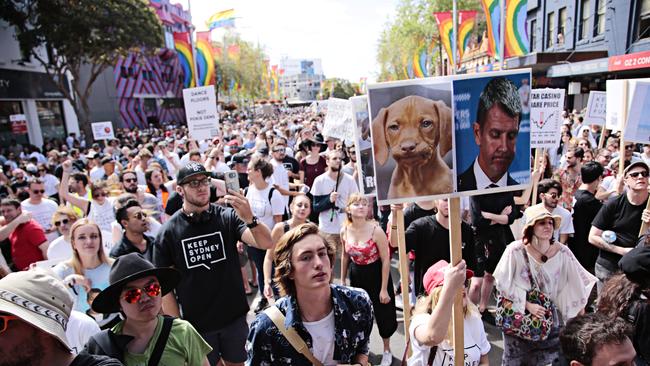
Under current legislation, venues in the city, Kings Cross and Darlinghurst zones must deny entry to patrons after 1.30am and stop serving alcohol at 3am.
It is understood Mr Barilaro’s proposal does not include any changes to Kings Cross and Darlinghurst.
Since the laws were introduced, they have seen a dramatic reduction in patronage and forced the closure of a number of businesses.
St Vincent’s Hospital in Darlinghurst said the number of alcohol-related emergency admissions had fallen rapidly and it remains in favour of the laws.
But analysis of Bureau of Crime Statistics and Research figures showed there was a 12 per cent increase in assaults in suburbs just outside the lockout zone.
Locations including Newtown, Double Bay and Bondi Beach had seen night-life activity lift after the lockouts were introduced in early 2014, which came with a significant increase in violence, raising concerns that the previous problem had simply shifted to new areas.
Keep Sydney Open, an anti-lockout law lobby group, has argued that the Sydney restrictions had achieved little, except to negatively impact the city’s culture and hurt business.
It welcomed news of a proposed easing of restrictions.
“It’s going to be an absolute godsend for businesses, musicians, creatives and tourists and young people across the city,” Keep Sydney Open organiser Tyson Koh told news.com.au.
“Unfortunately, some businesses didn’t make it and have been forced to close their doors. Several more are still doing it tough and barely hanging on.”
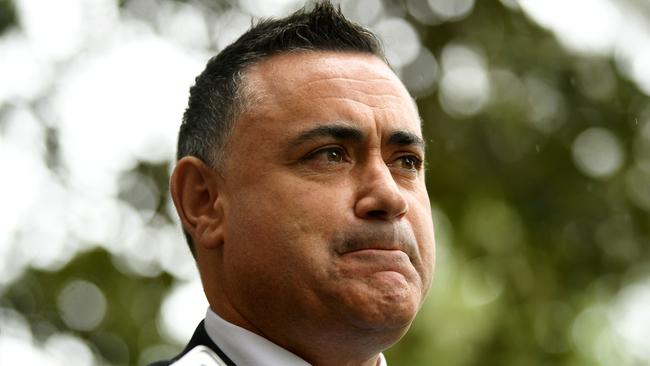
New Zealand’s laws restricted the operating hours of licensed venues, albeit, more leniently than has been seen in Australia to a blanket 4am closure.
However the legislation gave local councils the power to set their own restrictions, with some jurisdictions drafting plans to impose 3am closures.
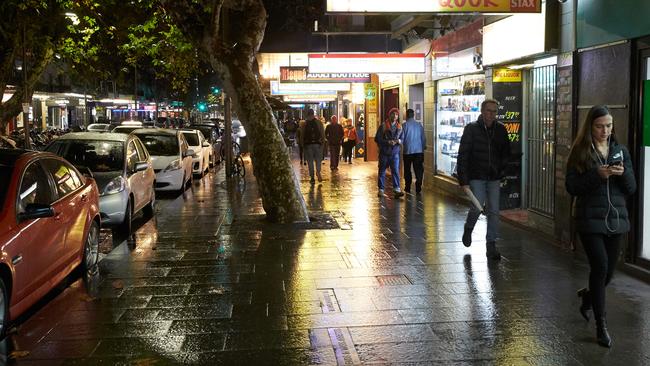
It also restricted opening hours of bottle shops, limited alcohol promotion and advertising, and required licensed venues to serve food.
The hospitality and liquor industries have fought back against attempts by councils to introduce stricter restrictions.
In Christchurch, a proposal to mirror Sydney’s lockout laws was unsuccessful after several years and more than $1.1 million was spent trying to pass it.
Originally published as The big myth about strict alcohol laws, as Sydney considers ditching lockouts


